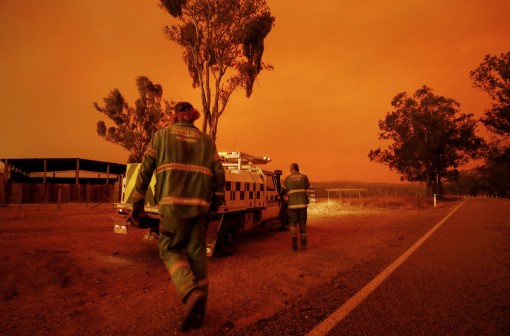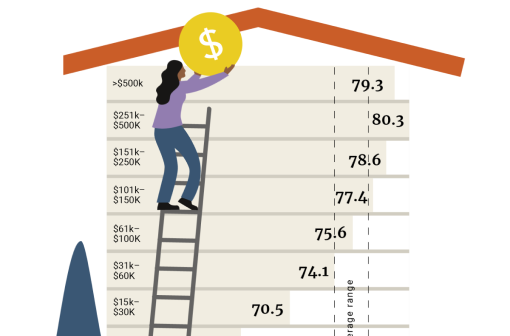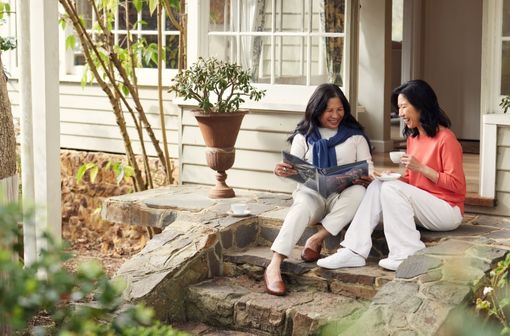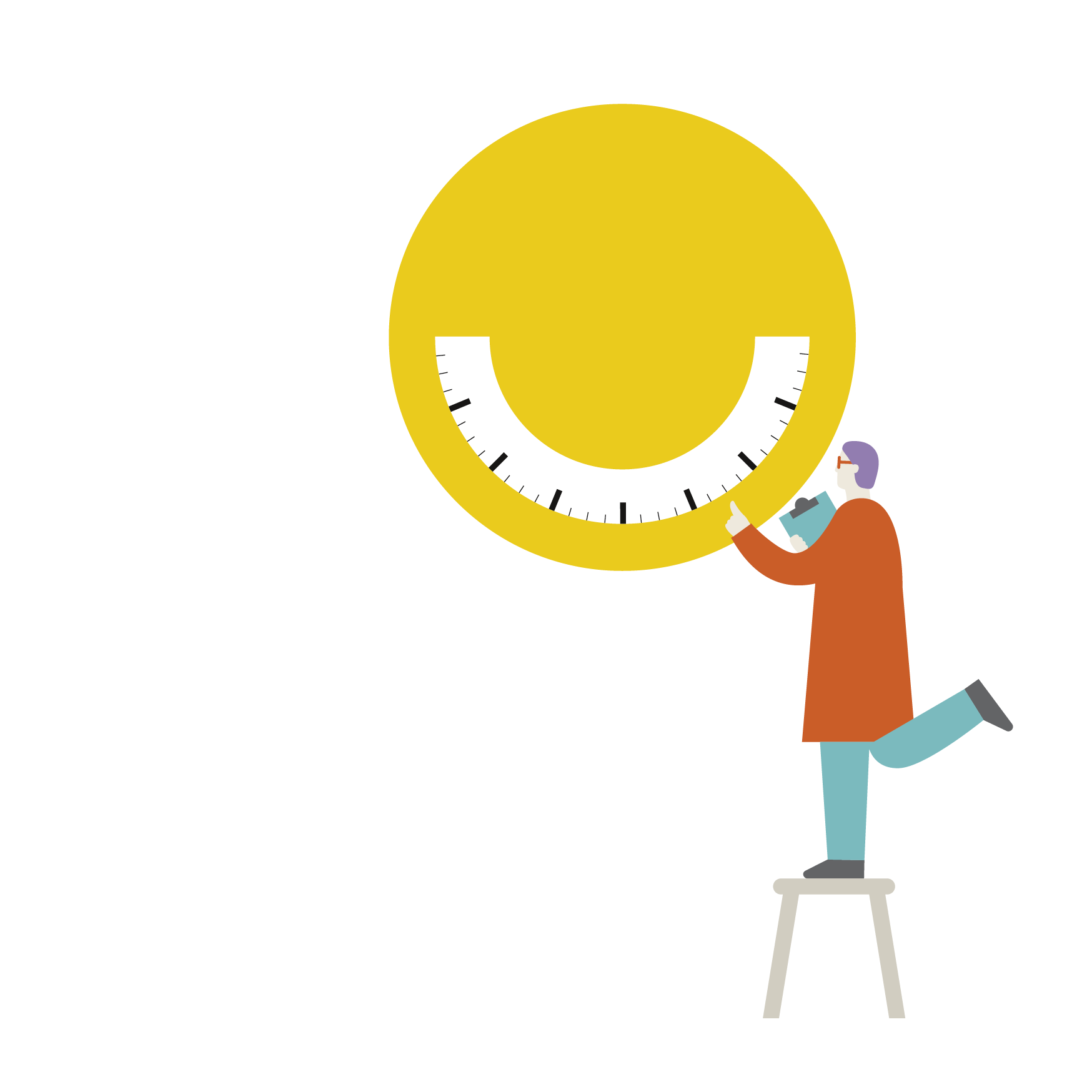“The findings speak to the resilience of the Australian community in the face of major stress and to our adaptive capability as a society.”—Associate Professor Delyse Hutchinson, lead researcher of the Australian Unity Wellbeing Index.
Key points
- Research showed many Australians recognised the positives that came out of lockdown.
- While the wellbeing of some individuals suffered as a result of COVID-19, wellbeing wasn’t affected at a collective level.
- The longer-term effects of COVID-19 is something that will need to be observed and managed in the coming years.
The 37th Australian Unity Wellbeing Index survey was conducted towards the end of the first wave of the 2020 COVID-19 pandemic, and it revealed a lot about our wellbeing—personally, as a community and as a society.
Even in times of crisis, we proved ourselves to be flexible, adaptable and hardy, with many Australians recognising the positives that came out of lockdown.

A resilient community
During an extraordinary year of challenges, it’s perhaps even more astonishing that wellbeing remained stable. Both personal and national wellbeing scores were largely within the average range and remained similar to those in non-pandemic years—testament to Australians’ remarkable strength and the power of homeostasis.
“The findings speak to the resilience of the Australian community in the face of major stress and to our adaptive capability as a society,” says Associate Professor Delyse Hutchinson, the lead researcher of the Australian Unity Wellbeing Index.
A year of stress, money worries and more
But despite Australians’ collective resilience, COVID-19 brought more challenges than just the fear of the virus itself.
It increased stress levels for many and took away livelihoods and freedoms. Schools closed and panic-buying prevailed. Relationships were put in a pressure cooker and mental health struggles were prominent.
The work-life juggle entered new territory as many of us were forced to work from home for the first time. But while the wellbeing of some individuals suffered as a result, wellbeing wasn’t affected at a collective level.
Why? According to Delyse, the positives of the pandemic helped to balance things out for many people.
The unexpected positives of a pandemic
“When we asked participants about their experiences during COVID-19 in Australia, it was evident that while many people had been negatively affected, positive experiences were also common,” says Delyse.
From greater work-life balance and more quality time with family to feeling increased gratitude and empathy, the positives were plentiful and spoke of a deeper, richer life.
“Many participants spoke about how the difficulties they experienced during 2020 had led them to reflect on what is most important to them in life and what they intend to focus on more in the future,” notes Delyse.
Emerging from a pandemic
In her work as a clinical psychologist, Delyse helped people to manage anxiety related to health concerns about COVID-19 and social restrictions put in place to reduce the spread of the virus.
She says the pandemic increased our stress and anxiety levels, and this is something that will need to be observed and managed in the coming years.
“While it is difficult to predict too far into the future, I would anticipate that these ripple effects will continue for a period to come. So it’s important that we have health and other support services available to assist members of the community who are struggling at this time,” she explains.
“Moreover, it is critically important that we continue to provide support to those who are most vulnerable in our community, who are also often affected by multiple stressors such as financial loss, mental health difficulties and relationship discord.”








